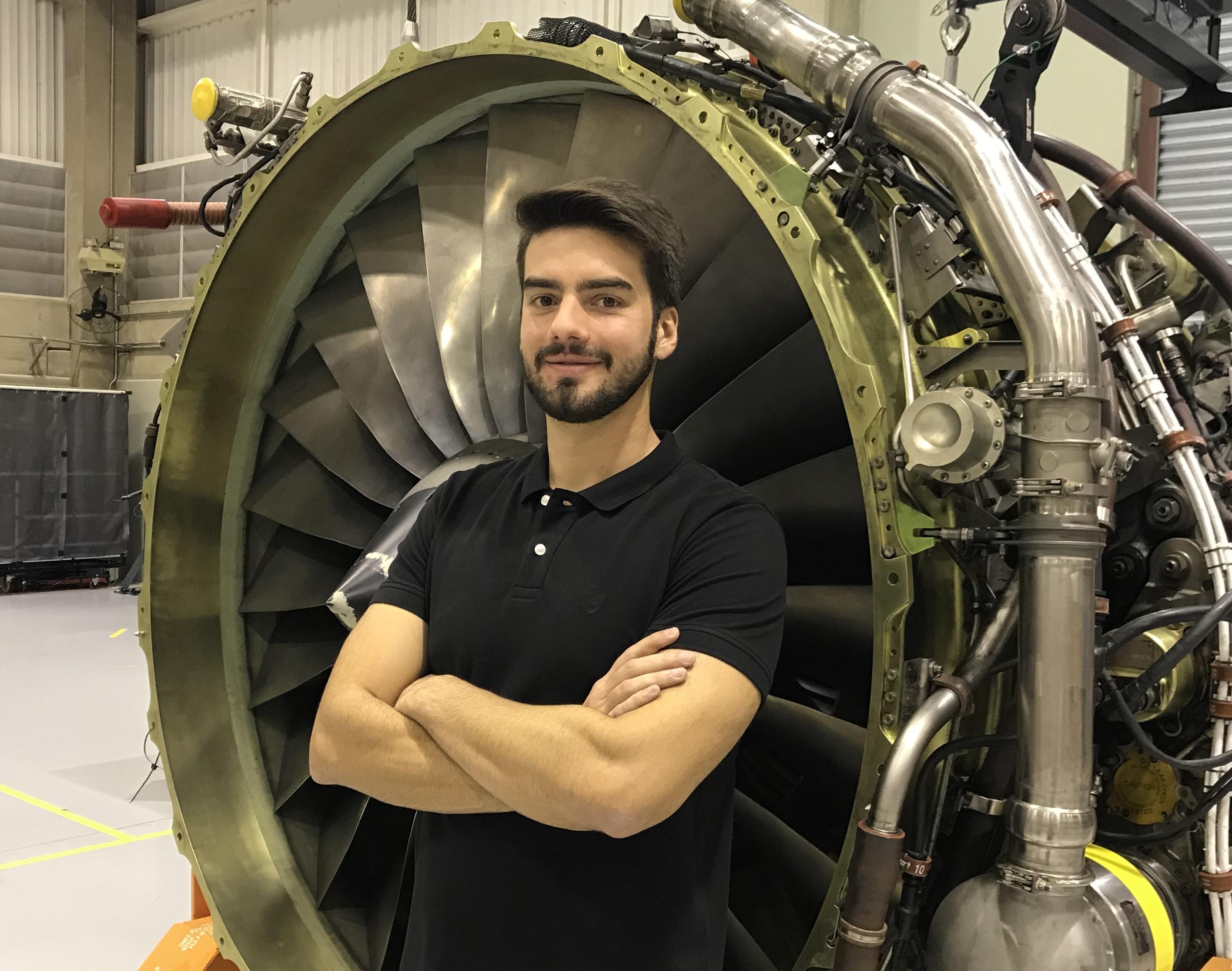
Brazilian low-cost carrier GOL recently improved its financial position, and one bright spot is its engines. Cristiano Mousinho Gomes, GOL airline’ engine shop lead engineer, talks about the situation.
GOL has cleared its debt and plans to fund all planned engine overhauls in 2020. Which engines?
CFM56-7Bs are included and the Leap engines are not, but most of our fleet is powered by the CFM56-7Bs so this is good news.
Given that the airline is operating a smaller fleet due to the pandemic, how does this effect your engine shop?
We are working totally on GOL engines. Our shop is a hospital shop and we are adding capabilities so we can do light engine repairs. The idea is to work on as many as possible so we can reduce costs. Right now we are working on engine configurations and quick engine changes. The shop is very busy because we are removing some parts from one engine to reconfigure another, so it’s like a snowball.
We aren’t fully repairing an engine--we are just doing what’s needed to keep it on-wing by making hospital repairs. We are avoiding sending our engines to engine shops for overhaul. We are avoiding those costs and expensive repairs, just as other airlines are doing. We hope to resume normal operations as soon as possible.
How are engine workscopes changing because of that, if at all? Can you use PMA or used serviceable material?
Because most of our engines are leased, we cannot use PMA parts. We can use overhauled parts in some cases, but not in many cases. GOL works with several lessors and some allow us to do that and others do not.
While GOL has an improved its financial position, it sounds like 2020 has been hard.
We didn’t have incoming revenue yet we had the same expenses—so it was tough. We had to change the whole company. We had to work less time and for less money to reduce the company costs. We are really trying to reduce our operating costs. We are renegotiating contracts. Because we couldn’t buy consumable material during the past two months, we couldn’t do maintenance, so we reduced everything to save cash for the company. Everyone is working together to help the company survive.
What’s your outlook for 2021?
It’s hard to predict, but I hope the recovery will happen soon. The sooner the better. We can see our operations growing and we’re back to about 40-50% of our usual operation. Our load factor is high but ticket prices are low. We forecast that in December and January our maintenance facility will be busy. Aircraft and engine inductions and repairs have been postponed, so in the next few months we’re expecting a lot of them here in Belo Horizonte.
That means that for the end of this year and early next year our maintenance facility should be busy.

